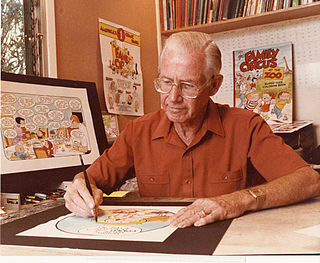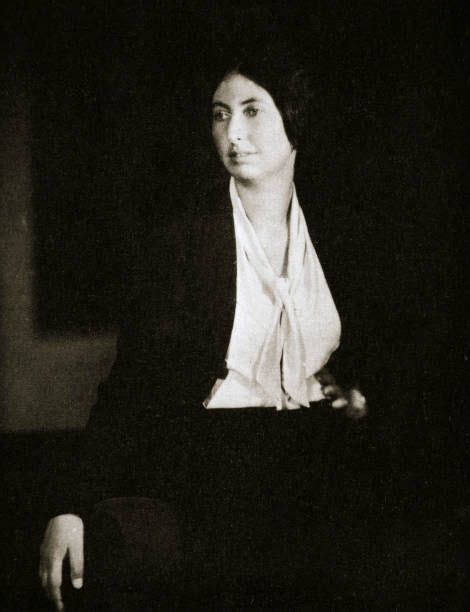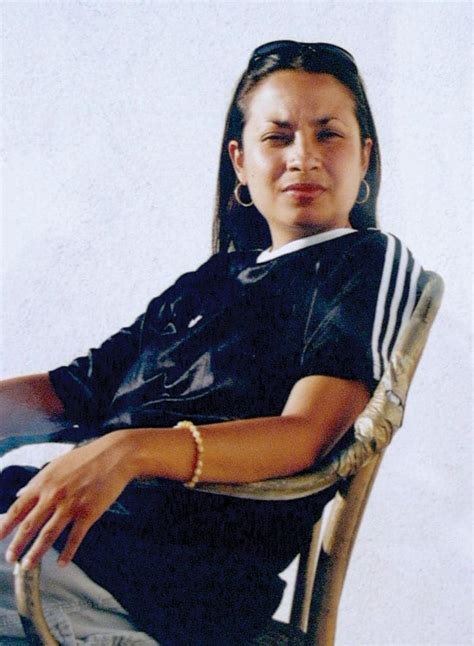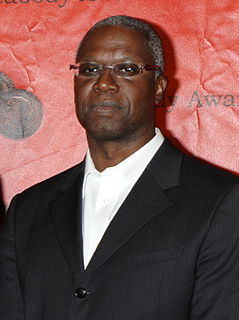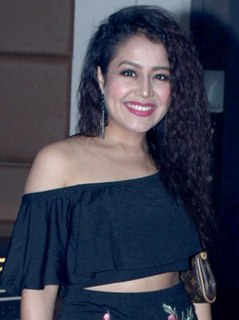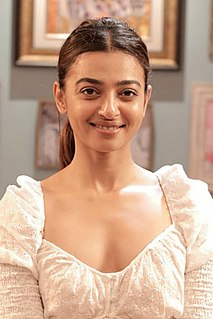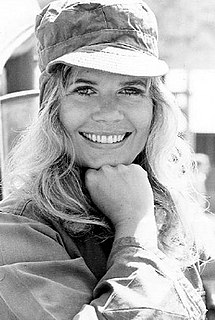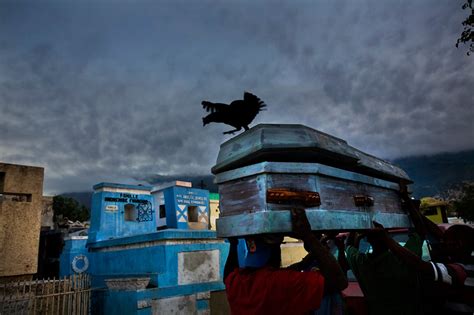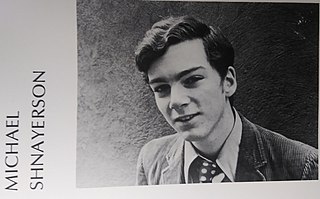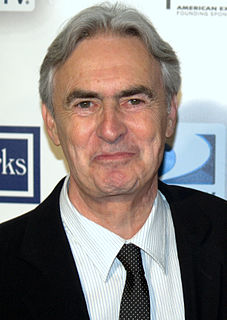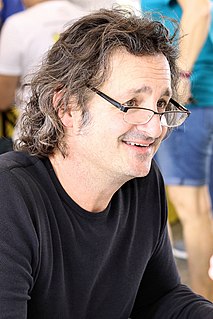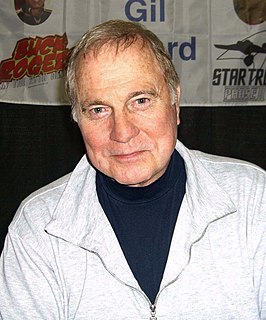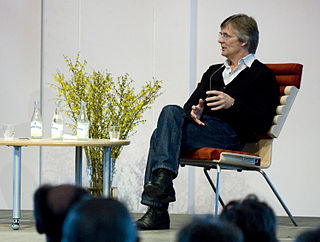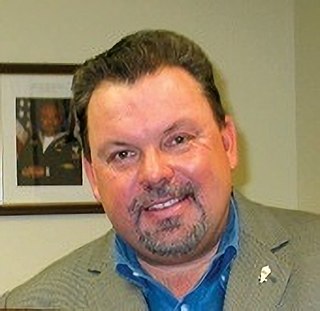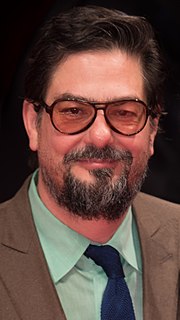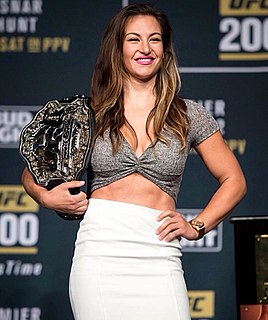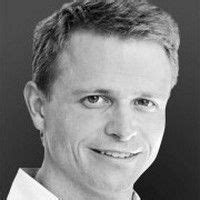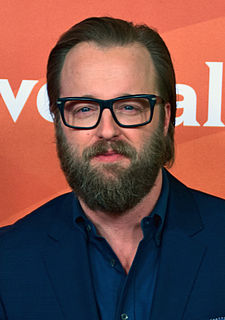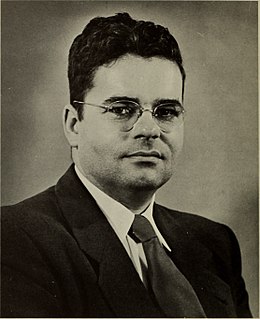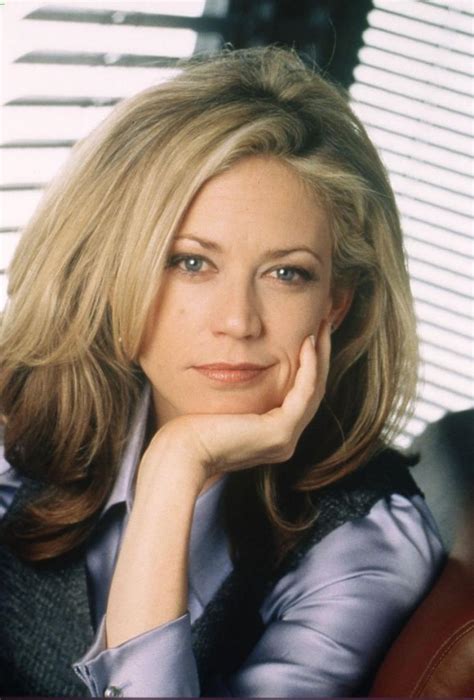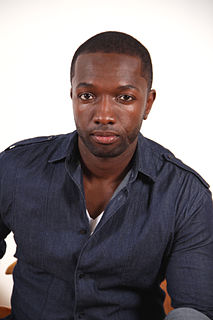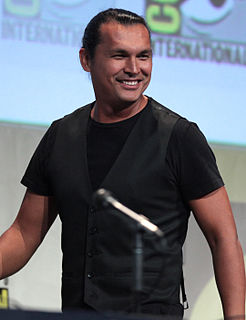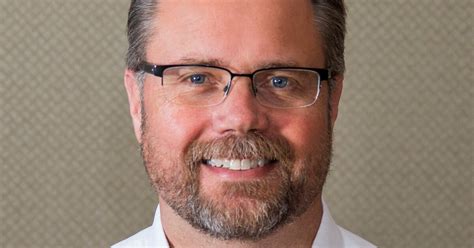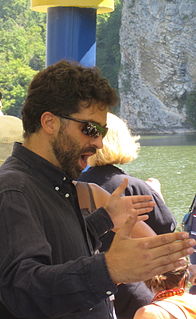Top 1200 Feature Film Quotes & Sayings - Page 4
Explore popular Feature Film quotes.
Last updated on December 18, 2024.
When you're writing for a game - even if you're using very well known characters like Batman and his villains who lend themselves to many different interpretations - you have to keep in mind that you're writing for a different medium. Things are a bit more straightforward than it is for a feature film or a TV show.
Feature-length film comedy is harder to pull off than the episodic sitcom - it doesn't have the same factory machinery up and running, teams of writers putting familiar characters through permutations - but that doesn't explain the widening quality gap that makes movie humor look like a genetic defective.
Many of the network television shows have done takeoffs on 'Family Circus,' including 'David Letterman,' 'Friends,' 'Roseanne,' and others, and, in my estimation the use of them is a compliment to the popularity of the feature, which just by mentioning it's name sets up the image of a warm, loving family-type feature.
[When] Johnny Mnemonic was coming out and I realized that all the kids that worked in 7-11 knew more - or thought they knew more - about feature film production than I did. And that was from reading Premiere, that was from this change that came from magazines that treat their readers as players. Magazines that purport to sell you the inside experience.
Me and Kirby are very collaborative and it changes from film to film. The first project we worked on together, Derrida, we co-directed. The last film Outrage, I was the producer and he was the director. This film was much more of a collaboration - he is the director and I am the producer - but this is a film by both of us.
If you do too much acting in a lead part in a feature film where you're 40 ft. high, it's rather unattractive. You can see the acting. And it's actually the right thing to do to bring as much of yourself, I believe, to the part as you possibly can - to minimize the amount of theatrical stuff that you need to do.
The short film project I just finished for W Hotels and Intel, I didn't have my script finished until a few days before we began filming. We edited it very quickly and now it's up online. It was great to conceive an idea and have it premiere just a few weeks later, compared to a feature, which takes a year or more.
In interviews, I never wanted to play into the myth of, 'Yeah, I was sitting there doing nothing, and then made 'Slacker.'' No. I'd been making shorts, a Super-8 feature, and running a film society. I always try to stress to people that there's a lot of work involved and years of preparation. But no one wants to hear that part.
It's called 'Fight Valley,' and it's my first feature film. I just dove in and did the best I could. I don't think I'm gonna win any Academy Awards on this one. I had fun with it and hopefully will get more opportunities like that. It's about two sisters, one poor and one rich, and one goes into underground fighting.
We are disturbed about the effect of the Jewish influence on our press, radio, and motion pictures. It may become very serious. (Fulton) Lewis told us of one instance where the Jewish advertising firms threatened to remove all their advertising from the Mutual System if a certain feature was permitted to go on the air. The threat was powerful enough to have the feature removed.
But my vote for Venus's most peculiar feature is the presence of craters that are all relatively young and uniformly distributed over its surface. This innocuous-sounding feature implicates a single planetwide catastrophe that reset the cratering clock... turning Venus's entire surface into the American automotive dream-a totally paved planet.
At times the [radio telescope] records exhibited a feature characteristic of interference, occurring some time later than the passage of the two known sources. This intermittent feature was curious, and I recall saying once that we would have to investigate the origin of that interference some day. We joked that it was probably due to the faulty ignition of some farm hand returning from a date.
Docs are more exhausting because of the physical labor that's required. Feature filmmaking is more exhausting because of politics and the bullshit. You get to the point of rolling film and until you lock picture it's one political game after another. They're both struggles for survival. They are two different worlds.
As the world of independent feature filmmaking became increasingly commercialized by the mid-1990s, there was also a parallel, much more positive development: a resurgence in documentary filmmaking, thanks in part to the advent of the cheaper, lighter digital format that helped to offset the daunting costs of pursuing political aims through film.
I started doing documentaries in the first place because of the war. I always wanted to do feature films, and I studied directing when the war started, so I was working with actors before, in film and in theater. So I think it's easy to work with actors when you have a script that is clear, when they know what and why they are doing it.


